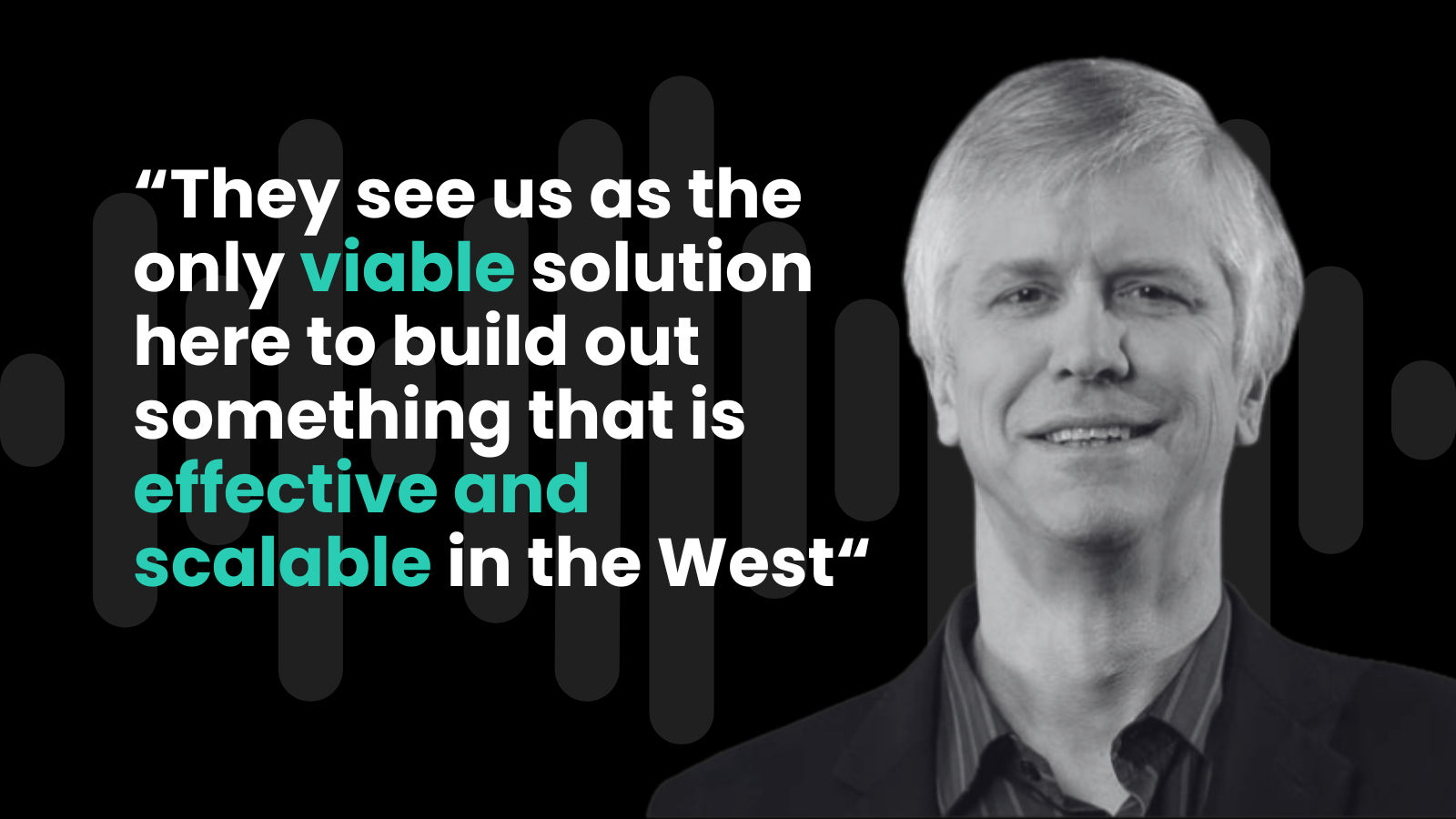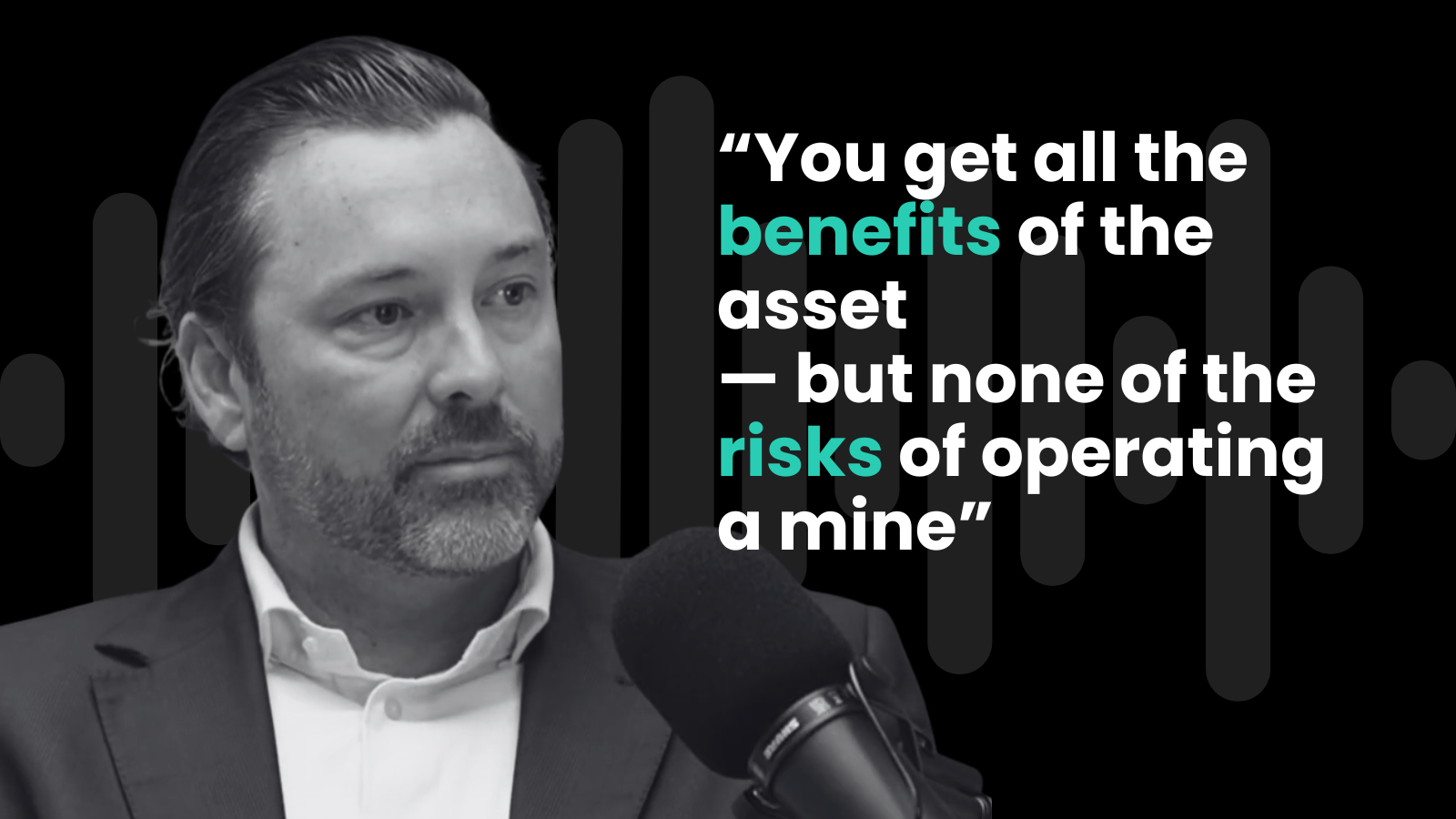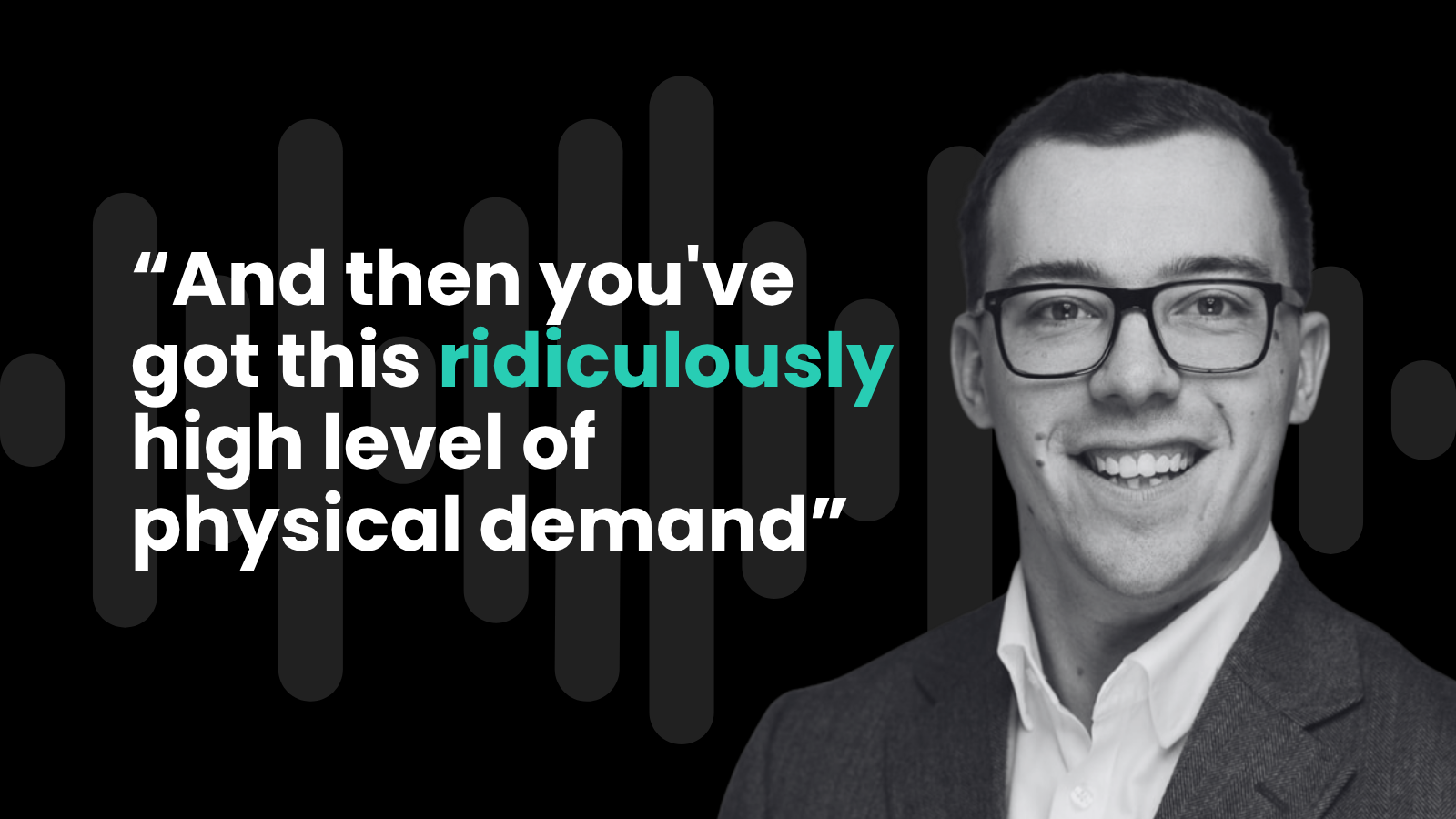Europe’s private market firms are discovering that even the most sophisticated financial engineering cannot escape the laws of liquidity. After years of buoyant fundraising and soaring valuations, 2025 has brought a reckoning. Dealmaking has slowed sharply, exits have dried up, and investors are beginning to ask difficult questions.
According to Morningstar’s European Asset Managers: 2025 Q4 report, private equity managers are caught in a squeeze between sluggish fundraising and a dearth of exit opportunities. The result is a kind of financial gridlock: investors cannot withdraw capital, and fund managers are struggling to raise new money.
The contrast with last year could hardly be starker. After a record-breaking 2024, when Europe’s private equity firms pulled in unprecedented sums on the back of rising interest in “real” assets, 2025 has started on a muted note. The slowdown has less to do with an absence of good companies and more to do with a clogged capital-return pipeline. With IPO markets moribund and corporate buyers cautious, portfolio companies are lingering longer in funds than expected, delaying distributions to investors.
The liquidity illusion
The industry’s solution to this jam is a wave of innovation in what insiders call “semiliquid” funds: vehicles that promise investors limited liquidity before the traditional 10-year lock-up period expires. Once a niche experiment, such funds are becoming central to the industry’s efforts to placate frustrated limited partners.
- Secondary investments now within reach for smaller investors
- Long Path to take Idox private in £339mn deal
- UK deal makers blame government for market gloom
In theory, these structures allow institutional and retail investors alike to redeem portions of their holdings, creating a smoother path for capital recycling. In practice, says Johann Scholtz, a senior equity analyst at Morningstar, they expose the industry’s growing contradictions.
“Private market firms are caught between a rock and a hard place,” Scholtz notes. “They need to provide liquidity to existing partners stuck in ageing funds, but lacklustre returns are making it tough to attract new retail money into semiliquid vehicles. This balancing act between managing exits and maintaining investor confidence is the core challenge for the industry right now.”
Even as semiliquid funds proliferate, their appeal is waning. Retail investors, once seduced by the promise of institutional-style returns, have cooled on illiquid strategies after a lacklustre year-to-date performance. The opacity of private asset valuations, long seen as a virtue during volatile times, now fuels suspicion that funds are marking assets too generously.
Performance, premiums and pressure
Morningstar’s data show that private market funds have underperformed public-market benchmarks in recent quarters, narrowing the once yawning valuation gap between private and traditional asset managers. Yet private market firms still trade at a premium, reflecting investors’ lingering faith in their growth potential, or perhaps their unwillingness to accept that the golden age of easy money has passed.
Adding to the gloom are geopolitical jitters. Concerns over tariffs and global supply chains have disproportionately affected private market sentiment, especially among European funds exposed to cross-border manufacturing and trade.
The end of effortless fundraising
The liquidity squeeze is forcing private equity groups to think differently. Some are exploring secondary sales of fund stakes to release capital; others are extending fund lives or negotiating partial exits with investors. The traditional playbook (raise capital, buy companies, sell at a premium, repeat) is no longer working as smoothly.
As liquidity grows scarcer, the sheen of private markets has dulled. What was once the asset class that promised patient capital and superior returns now looks constrained by its own success. Investors, it seems, are discovering that even “private” markets are not immune to the public discipline of cash flow.






















Comments (0)